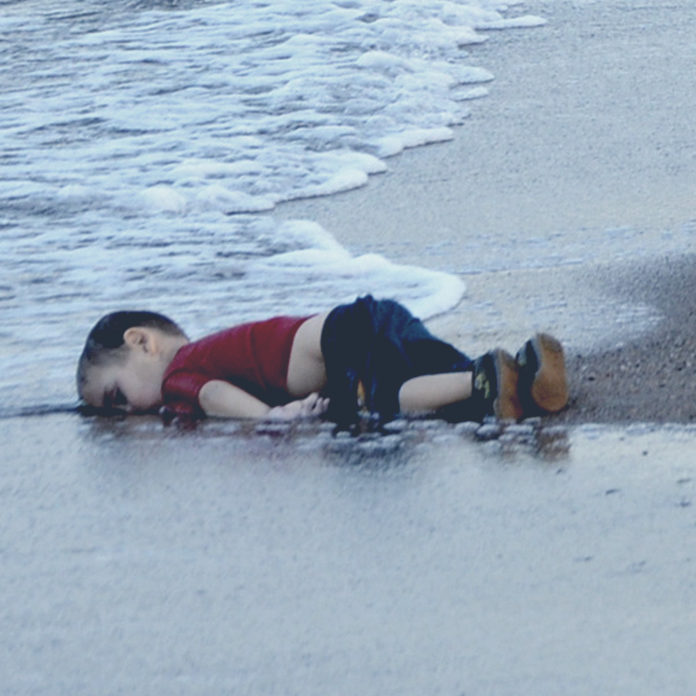
A few days ago, the whole world was left horror-struck when pictures of a young Syrian boy who drowned as his family embarked on a journey to seek refuge in Europe rocketed across the world on social media.
His name was Aylan. He was 3 years old, from war-torn Syria.
His final journey was supposed to end in sanctuary in Europe; instead it claimed his life and highlighted the plight of desperate people caught in the gravest refugee crisis since World War II.
The smugglers had promised Abdullah Kurdi, the boy’s father, a motorboat for the trip from Turkey to Greece, a step on the way to a new life in Canada. Instead, they showed up with a 15-foot rubber raft that flipped in high waves, dumping Mr. Kurdi, his wife and their two small sons into the sea.
Only Mr. Kurdi, 40, survived.
The images of the toddler’s lifeless body on a Turkish beach have reverberated across the globe, and have galvanized public attention to a crisis that has been building for years. Once again, it is not the sheer size of the catastrophe — millions upon millions forced by war and desperation to leave their homes — but a single tragedy that has clarified the moment. It was 3-year-old Aylan, his round cheek pressed to the sand as if he were sleeping, except for the waves lapping his face.
The photograph has forced Western nations to confront the consequence of a collective failure to help migrants fleeing the Middle East and Africa to Europe in search of hope, opportunity and safety. Aylan, perhaps more even than the anonymous, decomposing corpses found in the back of a truck in Austria that shocked Europe last week, has personalized the tragedy facing the 11 million Syrians displaced by more than four years of war.
The case of this young boy’s doomed journey has landed as a political bombshell across the Middle East and Europe, and even countries as far away as Canada.
Stories like that of the Kurdis highlight the immense tragedy and hopelessness that is a part of life in the world today. In particular, they demonstrate a single, yet often underestimated truth – that all human beings long for happiness. Everything else may be a bonus but happiness is what we all pursue.
In a BBC feature aired recently, a teenager – originally from Africa – spoke of his appreciation for Germany, the country where most of the refugees and migrants caught up in the current crisis are trying to go. He narrated how, as an African, he mourns because many countries do not give people a chance to fully become who they were meant to be. Now that he is in Germany, he said, he has been granted a world of opportunities. He has found a home for himself.
We all long for happiness and a home. Yet, while it’s true that we want to live at peace, prosperity and stability in the countries where we live, how great it would be if that peace were to start from within. God makes a promise to all who believe in Him that peace can be found in Him. It’s not a solution to the troubles of the world or a quick-fix but, rather, a new perspective that helps us weather life’s tumultuous waters. If you’d like to know more, please click on the banner below.
Additional content from nytimes.com
